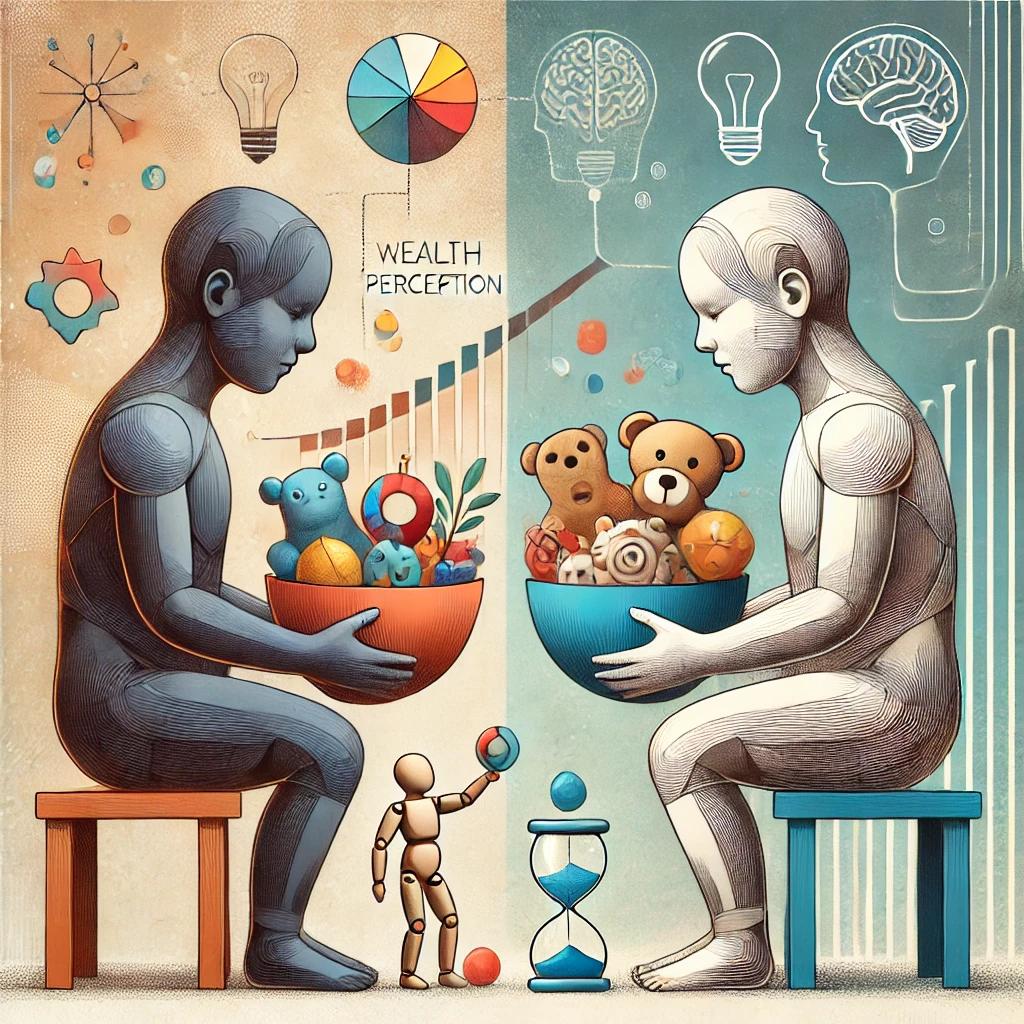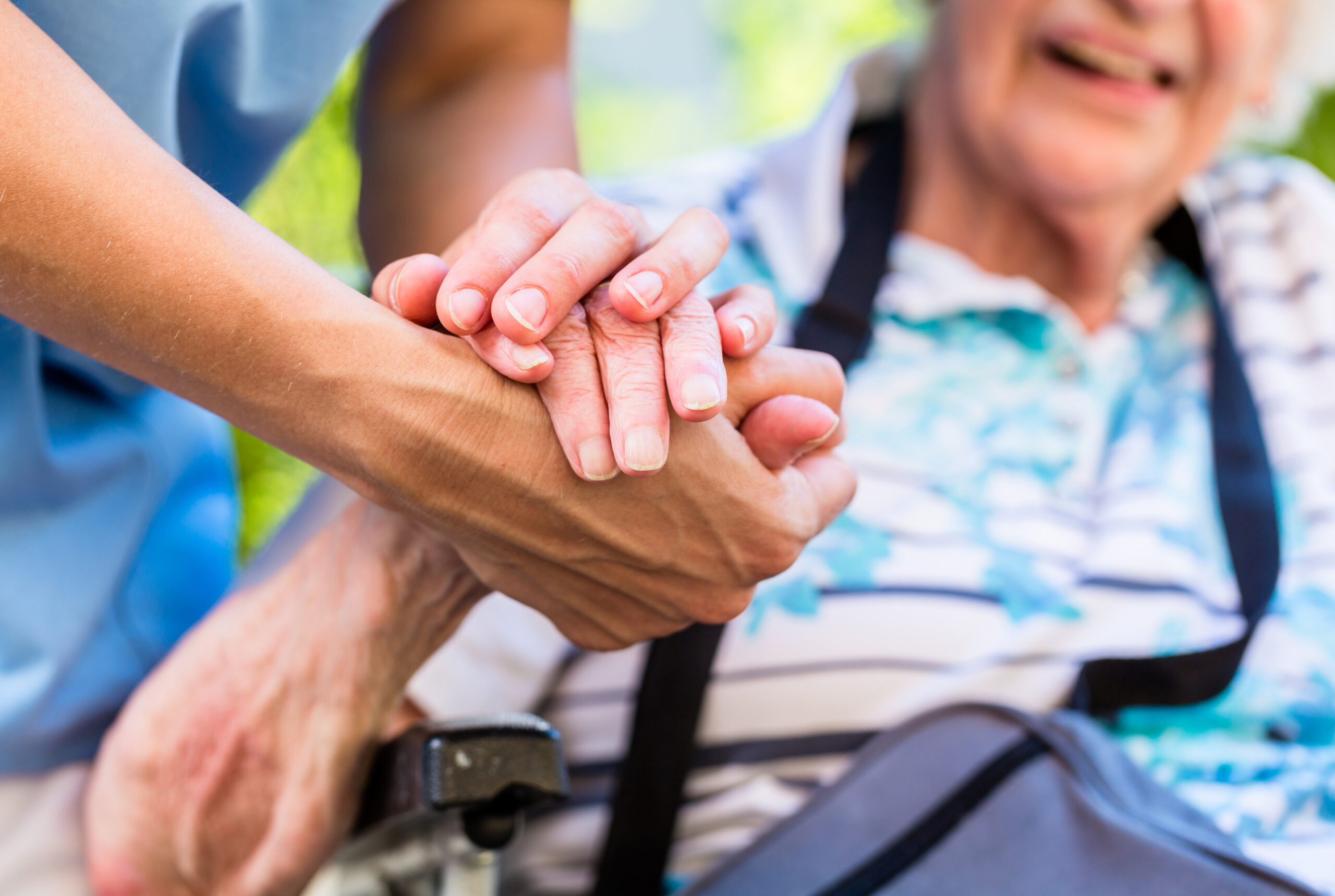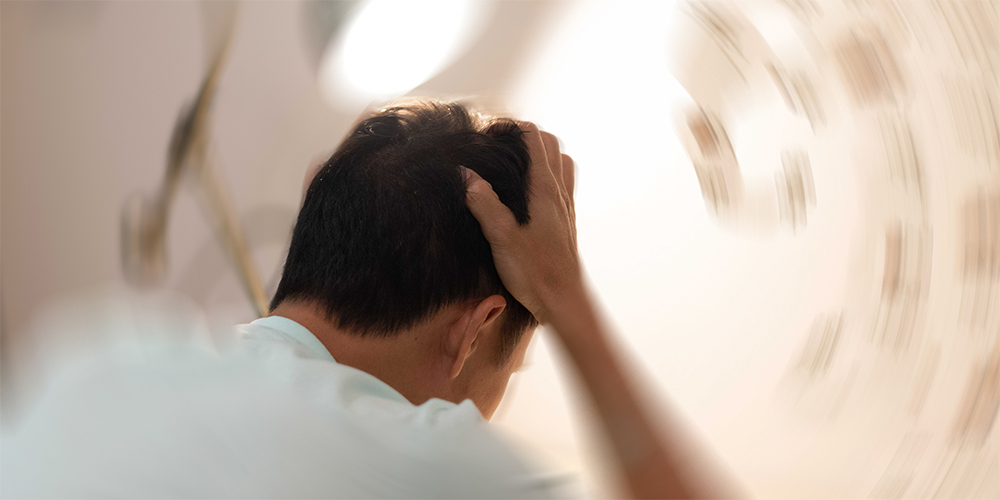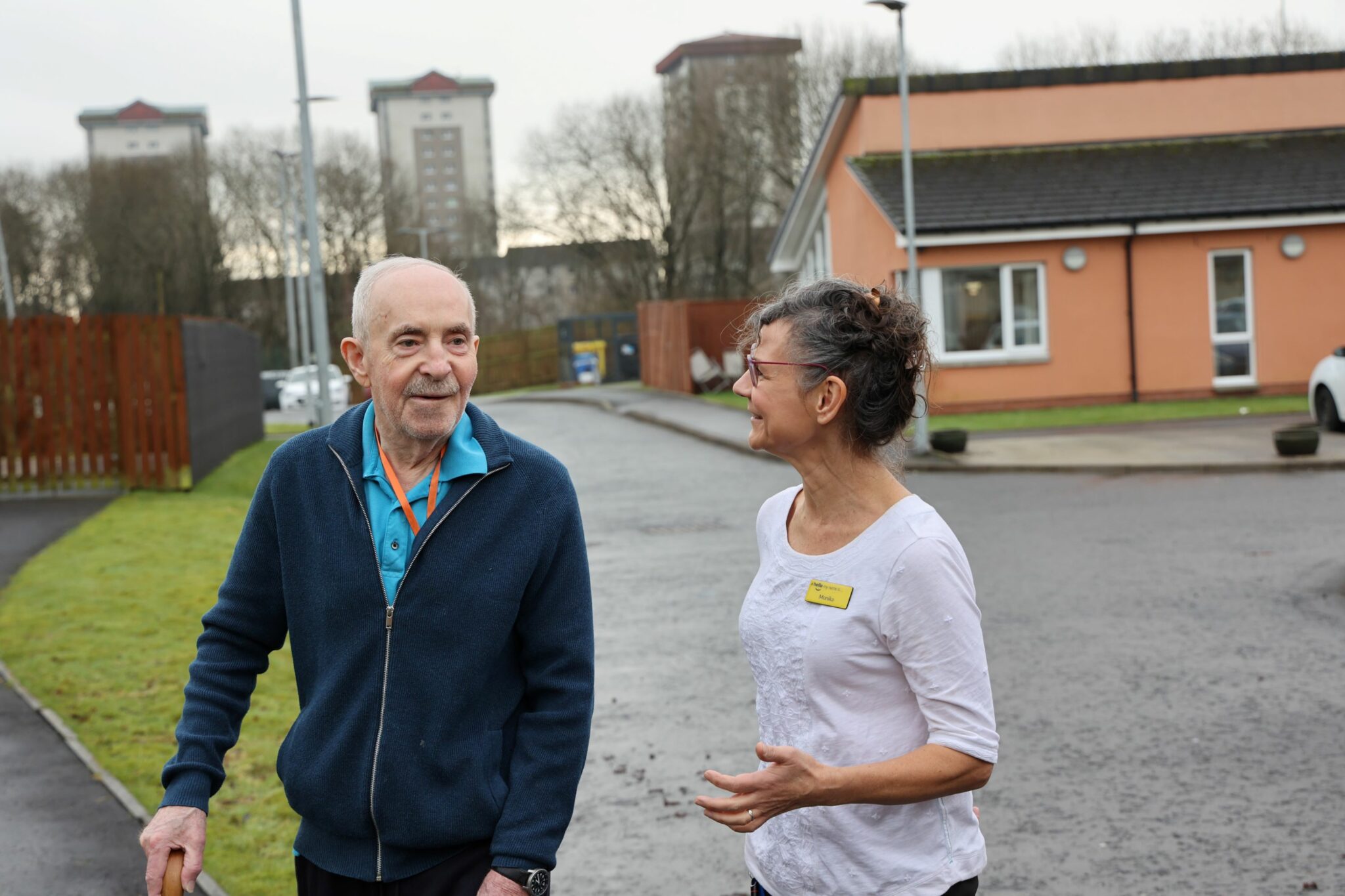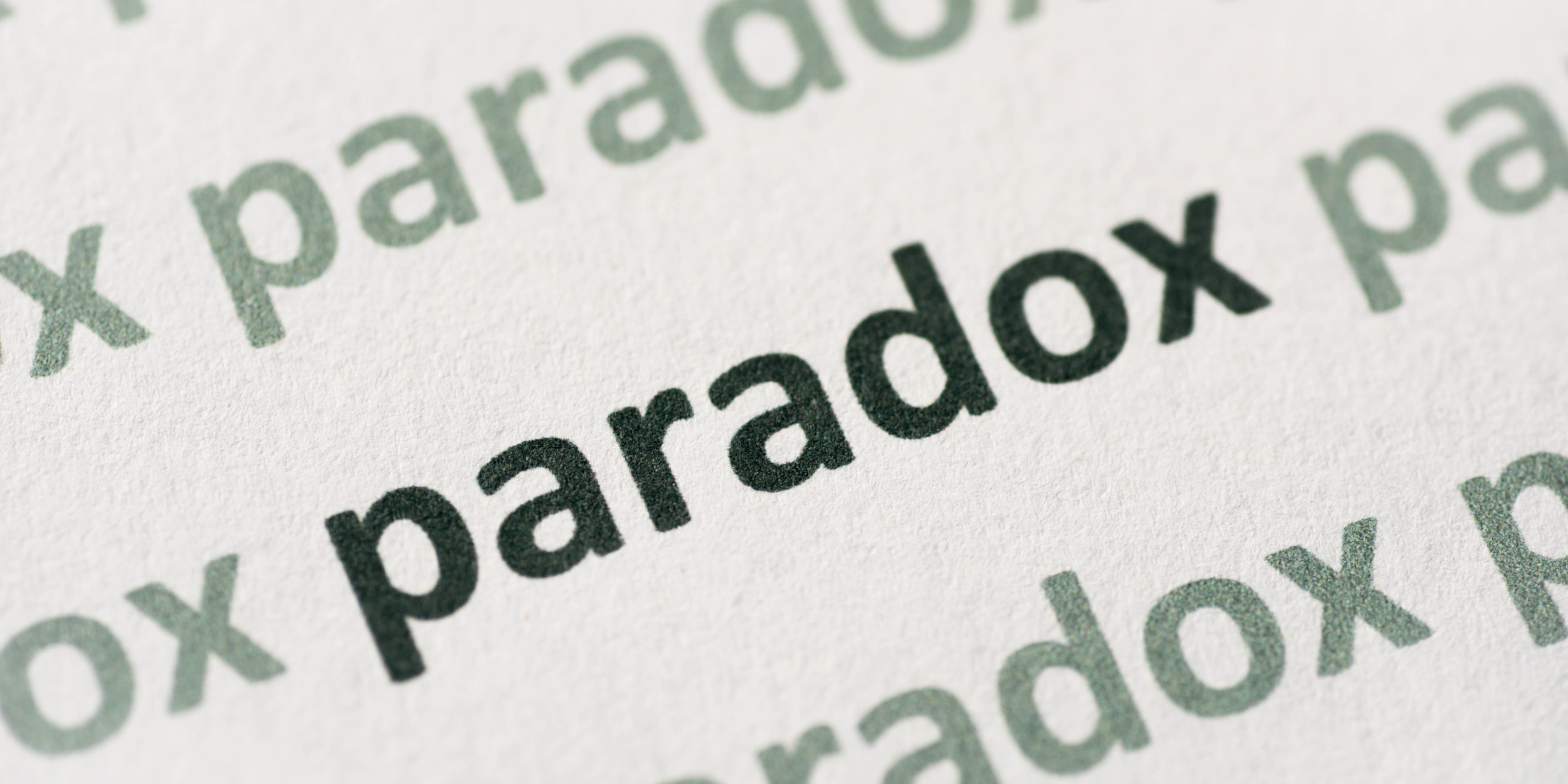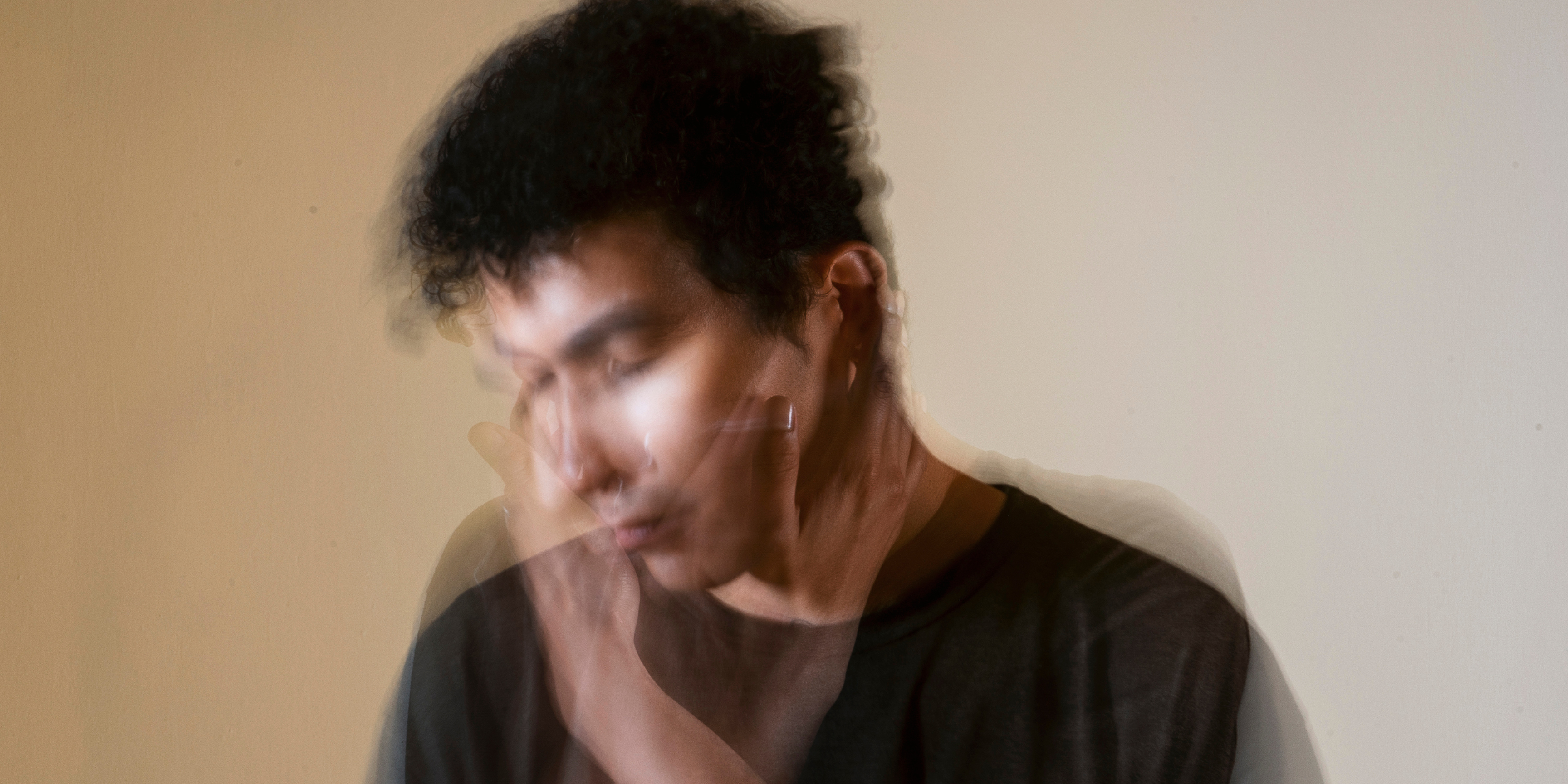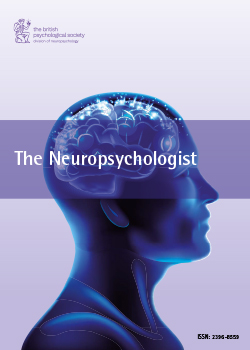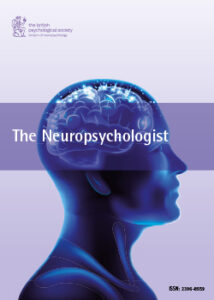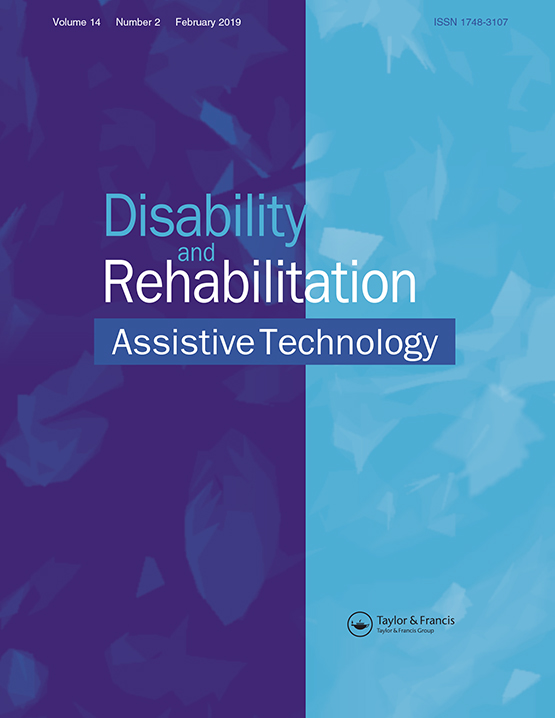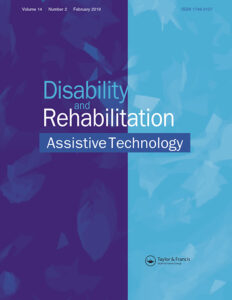New Insights into Social Development: How Infants Perceive Wealth
#NPsychPick of the Month: New Insights into Social Development: How Infants Perceive Wealth
A groundbreaking study by Arianne Eason et al. recently published in the Journal of Experimental Psychology: General delves into when and how infants begin to perceive wealth differences—and the behavioral changes that result. This research reveals the emergence of wealth-based biases as early as 15 months of age.
Key findings include:
- Infants track wealth differences: By 15–18 months, children recognize cues of “rich” versus “poor” and exhibit a preference for wealthier individuals.
- Behavior influenced by wealth cues: Across several experiments, toddlers were more likely to choose, help, and interact with actors perceived as wealthy.
- Negative evaluations of poverty: Infants also linked negative attributes more readily to individuals with fewer resources, suggesting the emergence of evaluative biases.
- Developmental timeline: Wealth-based biases were absent in younger infants (11–13 months), highlighting their developmental emergence during the second year of life.
From an evolutionary perspective, these findings might reflect adaptive strategies aimed at securing resources. However, they also underline how early societal inequalities can shape perceptions and interactions.
This research calls for critical reflection on how societal biases infiltrate developmental processes and the implications for fostering equity from an early age.
For further reading: Eason et al. (2024), The Haves and Have-Nots: Infants Use Wealth to Guide Social Behavior and Evaluation ????????


